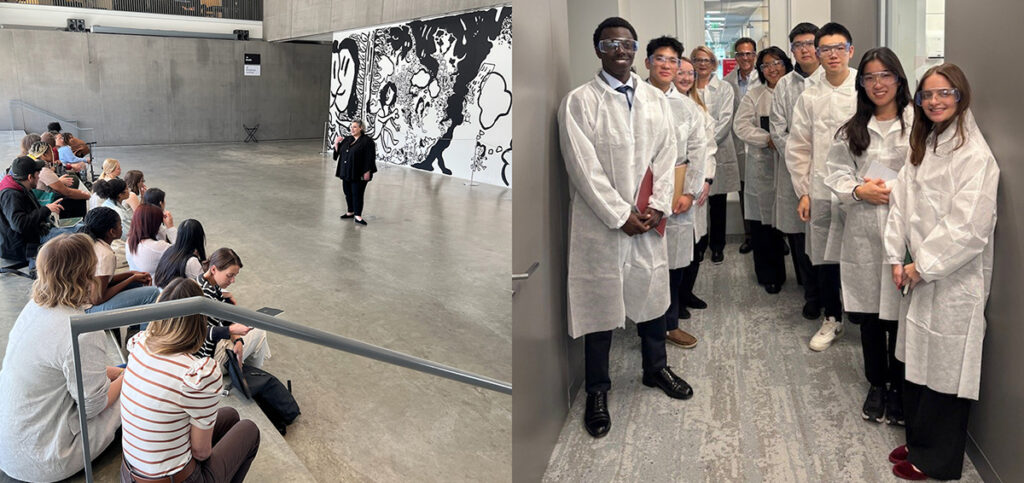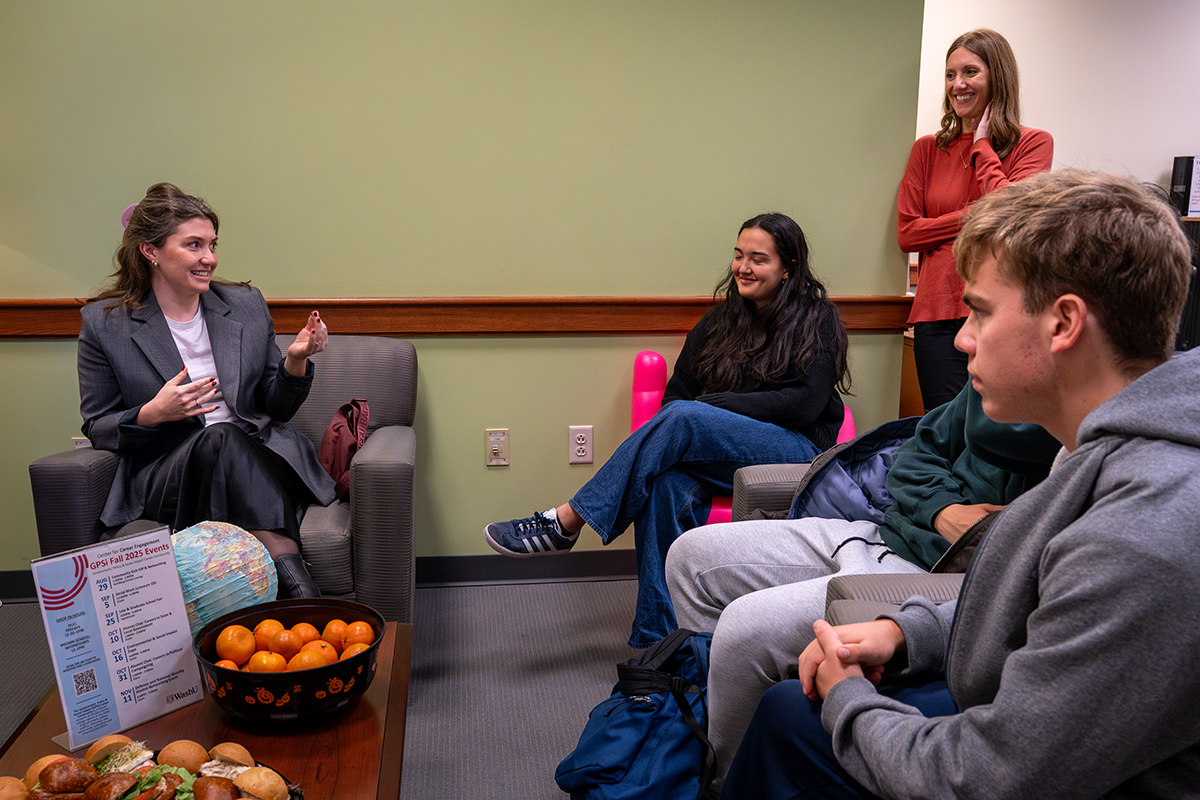Finding Your Path Through Career Communities
Many students arrive at college without a clear career direction, feeling overwhelmed by the pressure to choose a path. Katelina Theerman Rodriguez, a WashU junior studying sociology, experienced this firsthand. "It can feel a little daunting when you don’t have a clear career path, especially when a lot of your friends know exactly what they want to do," she shared. Through the Center for Career Engagement’s career exploration community and the "Career Exploration at WashU" class, she gained clarity about her values and strengths, now leaning toward urban planning.
What Are Career Communities?
Washington University in St. Louis launched its career communities program three years ago, organizing groups around fields like:
- Art, design, and media
- Health care and sciences
- Technology, data, and engineering
- Government, policy, and social impact
- Business
Led by certified career coaches, these communities help students identify their purpose—"their why"—and discover jobs matching their priorities. They also develop workplace skills, learn networking, and practice job applications. As of November 2025, 8,921 undergraduate and graduate students are engaged in one or more communities.
Early and Continuous Support
Christine Keller, director of career communities, emphasized that career education shouldn't wait until the job search phase. "We can’t wait for students to walk into our office. Our goal is to be there for students from the moment they arrive on campus," she said. Outreach starts immediately and continues long after graduation, supporting alumni as well.
Real-World Opportunities and Events
Each community offers dozens of programs yearly, including:
- Creative Careers Expo for art and design
- Professional headshots for government and policy students
- Medical school interview prep for health sciences
- Tours of local robotics operations for tech students
- Industry leader visits from companies like Verkada and American Express
Events are open to all students, breaking down barriers between majors and schools.
Learning from Peers and Networking
Senior Maggie Aideyan highlighted the power of networking, even humorously calling it "LinkedIn stalking." She advised, "You’re at a really good institution, and your peers are doing really cool things. Look at what they are doing and ask them about those opportunities." Exploring various paths helps students understand what they do—and don’t—want to do.
 (At left) Lisa Melandri, executive director of the Contemporary Art Museum St. Louis, shared career advice with students at the Arts & Cultural Institutions Bear Trek last semester. (At right) Students in the health-care and sciences career community visited a range of businesses, startups and labs in Boston at this fall’s Pharmaceuticals and Bio Bear Trek. (Courtesy photos)
(At left) Lisa Melandri, executive director of the Contemporary Art Museum St. Louis, shared career advice with students at the Arts & Cultural Institutions Bear Trek last semester. (At right) Students in the health-care and sciences career community visited a range of businesses, startups and labs in Boston at this fall’s Pharmaceuticals and Bio Bear Trek. (Courtesy photos)
Personal Stories of Discovery
Keller, a first-generation college student, recalled her own uncertainty: "I had a German professor who stretched out his arms and said to me, ‘Christine, the world is so big. Where do you fit in?’ I never felt so small." After temp jobs, she found her calling in helping students, realizing the importance of guidance.
First-year student Alden St. John, in the government and policy community, uses drop-in hours to consult advisers and employers. "I’m years away from graduating, but I’ve already found great mentors," he said, appreciating the exposure to various avenues and realistic job prospects.
Adapting to Labor Trends
The CCE supports alumni facing job losses, with Susan Craig, associate director, noting, "A big part of our work is to pay attention to labor trends and respond accordingly." This includes highlighting state and local opportunities amid federal cuts.
Unified and Inclusive Approach
Since moving to a unified career center model, the CCE has expanded resources: more coaches, events, tools, and collaborations with faculty. Opportunities aren’t limited by major, allowing math and history students alike to explore roles in tech or publishing. "It’s better for our employers and, more importantly, it’s better for students," Keller said. "We are building our students’ social capital so they are in a position to thrive."



Comments
Join Our Community
Sign up to share your thoughts, engage with others, and become part of our growing community.
No comments yet
Be the first to share your thoughts and start the conversation!